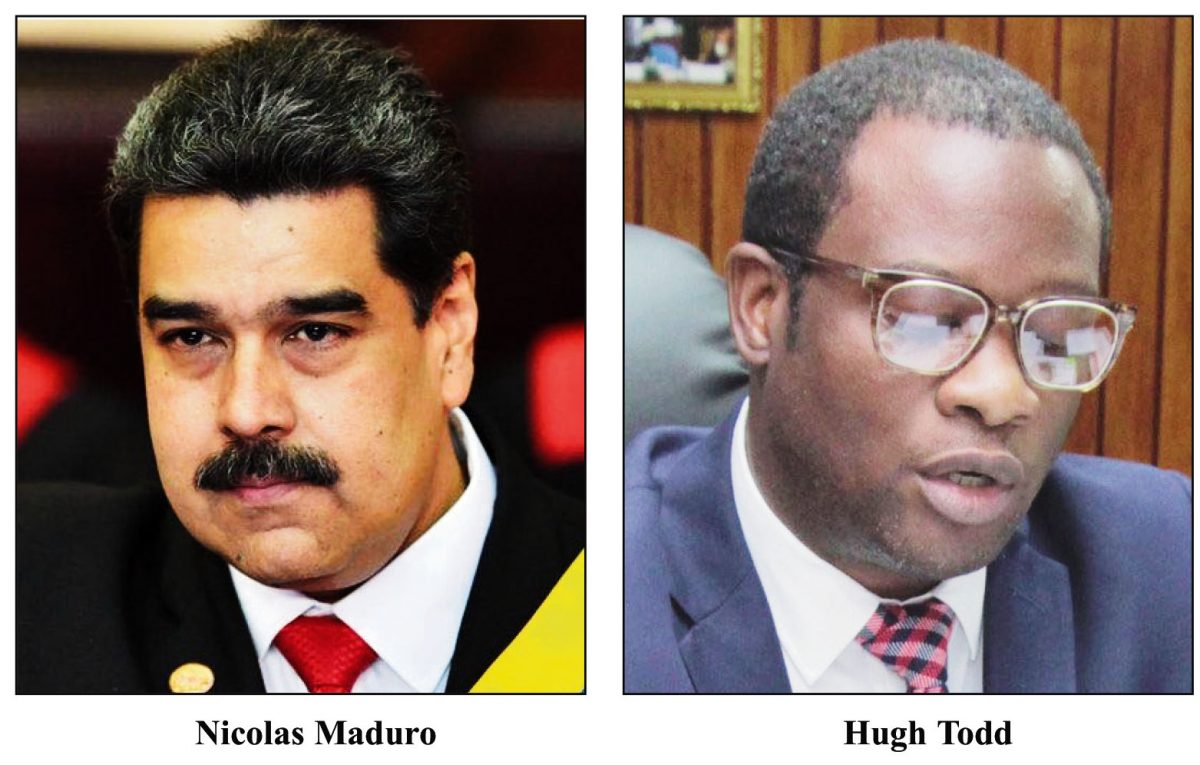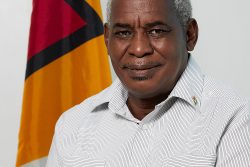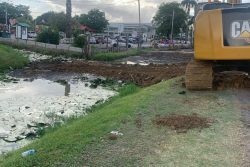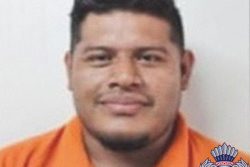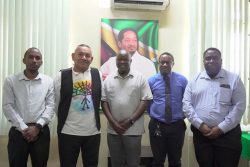Guyana is restating its position that it will not re-enter bilateral talks with Venezuela on the border controversy but will rely on the World Court as the venue for resolution as decided on under the 1966 Geneva Agreement.
“We are following the 1966 Geneva Agreement to the letter. We have had bilateral talks and that failed. We used, as I said, the 1966 Agreement which provided for the United Nations Secretary General to choose a path for the final resolution…,” Minis-ter of Foreign Affairs Hugh Todd told Stabroek News yesterday when contacted.
Georgetown’s position comes as Venezuelan Pre-sident Nicolas Maduro said over the weekend that he wanted to re-enter talks on the issue that is currently before the International Court of Justice (ICJ), also known as the World Court.
“There is only one solution here and that is to resume face-to-face and direct dialogue within the framework of the Geneva Agreement,” Maduro said in a video which was broadcast in his country.
President Irfaan Ali had earlier this year, following the World Court’s ruling against Venezuela’s preliminary objection on border case that allowed for the case to proceed, said that Guyana has always been fully committed to the peaceful resolution of the controversy with its neighbour and sister republic in accordance with international law.
The Guyanese Head of State had said, “That is why, after attempting unsuccessfully to achieve a diplomatic settlement through talks mediated by the United Nations Secretary-General over more than two decades, Guyana brought the matter to the International Court of Justice for a final and binding determination.”
All Member States of the United Nations, including Guyana and Venezuela, are obligated under the United Nations Charter to comply with the Court’s binding judgments, he noted.
And in addition to already dispatching formal correspondence objecting to the spurious claims to Essequibo and to a referendum on the border controversy, the government of Guyana on Saturday summoned Venezuela’s Ambassador to Guyana, Carlos Amador Pérez Silva, to a meeting and voiced its position that the decision also contradicts the Geneva Agreement.
“The Acting Foreign Minister met with the Ambassador of Venezuela yesterday to raise our concerns about his country’s announced referendum. They also apprised, highly, the ICJ process where we at right now and that is consistent, confirms with the 1966 Geneva agreement, and that is what Guyana is committed to,” the Minister of Foreign Affairs had said following the meeting.
“The process is linked to the Geneva Agreement which we are conforming to and we are encouraging Venezuela to participate,” he added.
Minister of Legal Affairs Anil Nandlall was acting in the capacity of Minister of Foreign Affairs, given that Todd was out of the country on travel duty. Also present at the meeting were Foreign Secretary Robert Persaud and Director General of MoFA, Ambassador Elisabeth Harper.
The agreement to resolve the controversy over the frontier between Venezuela and British Guiana was signed in Geneva, Switzerland, on 17 February 1966 with signatories from Venezuela, the United Kingdom of Great Britain and Northern Ireland.
Venezuela’s decision to hold a referendum to bolster its spurious claim to Essequibo saw a rare briefing on Saturday by President Irfaan Ali of Opposition Leader Aubrey Norton, on the growing tension between the two countries, even as Guyana attracted more support from the OAS and the Commonwealth.
Following Caracas’ announcement, government said it noted with deep concern the decision of the Venezuelan National Assembly to conduct a referendum on defending Caracas’s groundless claim to Guyana’s Essequibo.
It said that Guyana is of the view that this has the potential to foment tension between the two States.
“Guyana considers that the only appropriate forum for Venezuela to raise its territorial claim, consistent with the rule of international law and the preservation of peace and security, is the International Court of Justice in The Hague which has already determined, twice, that it has jurisdiction to resolve the competing claims of Venezuela and Guyana to the territory in question. Resolution by the Court assures both Parties of a final, binding, and permanent settlement that is equitable, just and consistent with international law”, the government said.
In addition, the government extended its appreciation for the unequivocal support which it has received from friendly governments and organisations, in particular the Caribbean Community (Caricom), the Organisa-tion of American States (OAS), and the Common-wealth. It applauded their principled stand in support of the preservation of Guyana’s sovereignty and territorial integrity.
“Guyana’s strenuous efforts to this end will remain premised on respect for the rule of law and the principles of the United Nations Charter,” the statement said.
